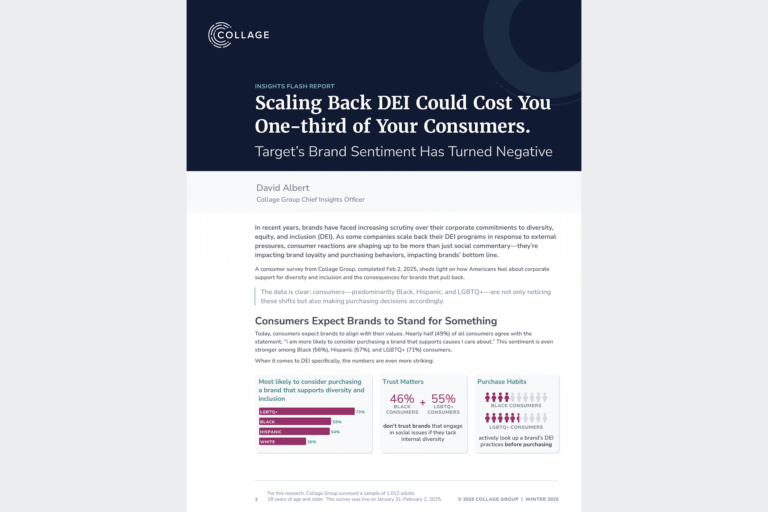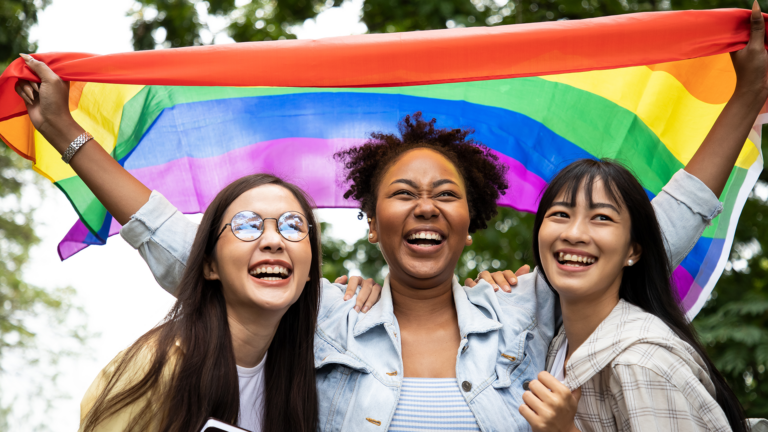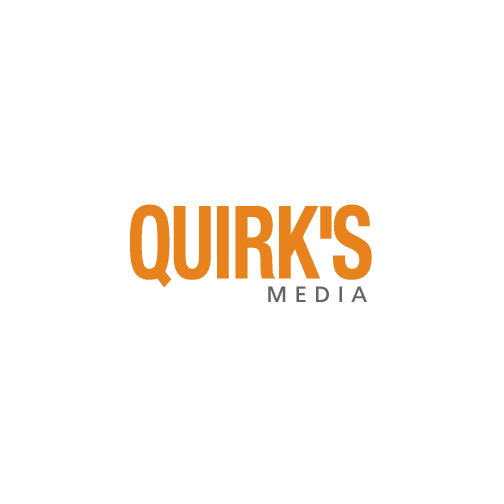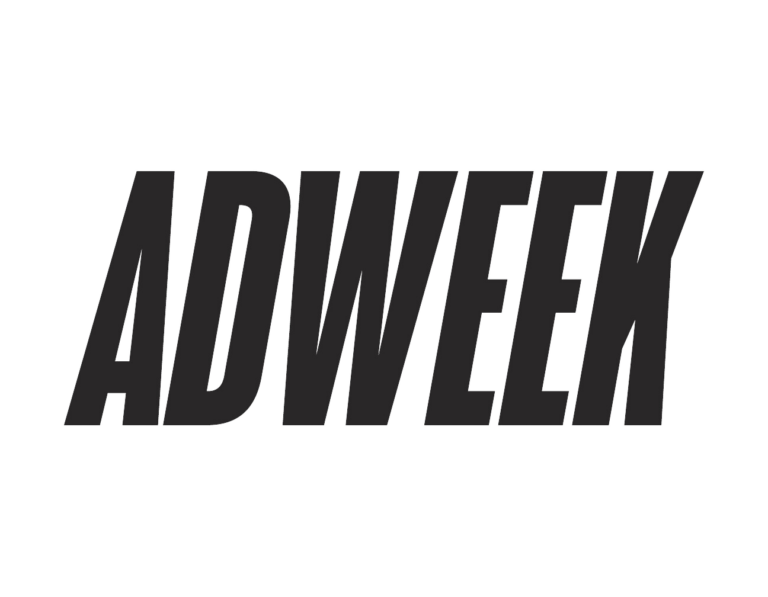How to Navigate Today's Consumer Backlash in a Changing DEI Environment
In today’s hyper-connected world, consumers are more vocal than ever, including on issues relating to diversity, equity and inclusion (DEI), holding brands accountable when they perceive actions don’t align with stated values.

When Brands and Consumers Clash: Navigating DEI-Related Backlash and Boycotts
Today’s consumers are more vocal than ever, holding brands accountable when they perceive actions, such as scaling back Diversity, Equity and Inclusion (DEI) policies or being too woke, don’t align with the brand’s stated values. Whether it’s a boycott or viral social media criticism, brand momentum can decline and the repercussions can be swift and significant—ultimately impacting purchase intent. Effectively navigating these moments is crucial for maintaining trust and resilience among today’s fastest growing and increasingly diverse consumer segments.
Read on to find consumer insights, new research, strategies, and tools to help you stay ahead in a dynamic consumer landscape.
Tools for Promoting the Importance of Inclusive Marketing for Your Organization:
Winning the hearts and minds of diverse consumers = brand growth
Brands have important work to do to clearly define which consumers are key to their growth (including current base and the growth segments) and what their brand stands for that will connect, resonate, and grow Brand Love with those consumers. The work on building a brand’s cultural fluency is not a one point in time. It is an ongoing commitment that leverages the deepest cultural insights, values, and beliefs to grow a sustainable brand for the long-term.
Why Cultural Fluency MattersBest Practices
These brands were honored as top Cultural Fluency Makers. Their multicultural marketing are great examples of inclusion and belonging. Explore Top Ads and Top Brands by segment to learn more about examples and strategies for your specific target consumers and category
We Can Help
In need of strategy session to develop the roadmap to authentically grow with diverse consumers for your brands? Contact us to learn more about our cultural strategy workshops.
Consumer Backlash In the News

What is Inclusive Marketing?
Inclusive marketing is essential for building genuine connections with diverse audiences, regardless of a company’s DEI policies. While DEI focuses on internal hiring and HR practices, inclusive marketing is about how brands engage with consumers through representation, accessibility, and respect. Many consumers associate the two, making it even more critical for businesses to demonstrate inclusivity in their messaging and branding.
By incorporating deep cultural, social, and demographic insights, inclusive marketing ensures that all consumers feel seen, valued, and included. It moves beyond traditional advertising to create meaningful, authentic engagement—strengthening brand loyalty and fostering a deeper connection with audiences. Prioritizing inclusive marketing is not just the right thing to do, but it is also a strategic advantage that resonates with today’s increasingly diverse and socially conscious consumers.














